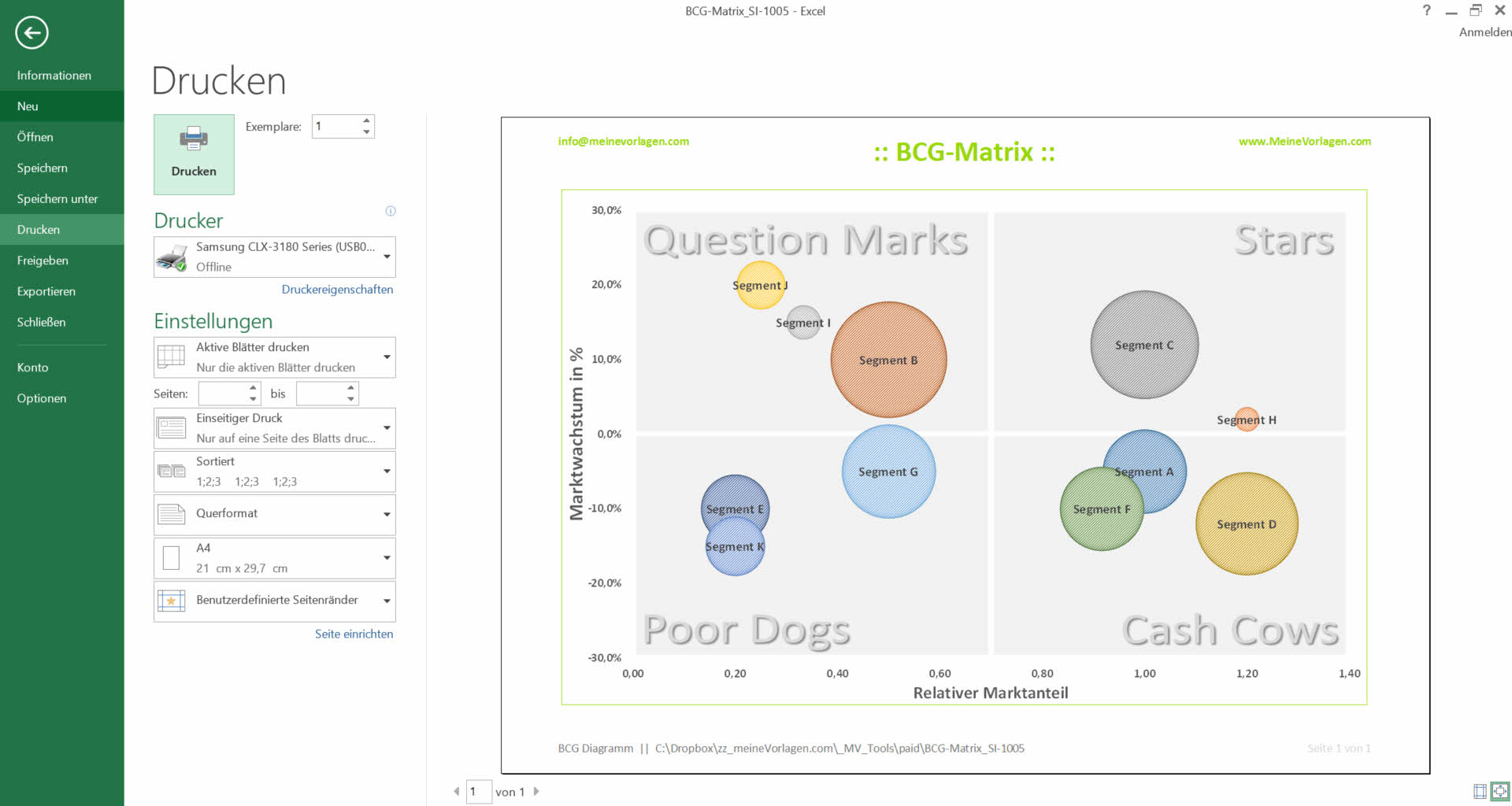



Furthermore, when an analysis is conducted, cognitive biases often lead executives to believe that a company's skills are more relevant than they really are, that the potential market is bigger than it actually is, or that rivals won't respond to the entry move. This tendency prevents many of them from developing an outside perspective based on previous market entries and even from evaluating opportunities in the light of common predictors of success. For one thing, when confronted with a difficult decision, most executives rely solely on an inside view: they focus excessively on the specific case at hand. 26–39 for an overview of the relationship between cognitive biases and strategic mistakes, as well as a partial summary of the broader literature on this topic. See Charles Roxburgh, “ Hidden flaws in strategy,” McKinsey Quarterly, 2003 Number 2, pp. Behavioral economists have written extensively about the impact of cognitive biases on financial markets and on a wide range of decisions. Moreover, the magnitude and importance of entry decisions-encompassing everything from geographic expansion to new products to diversification efforts-should prompt detailed analysis.īut cognitive biases-systematic errors in the way executives process information-often wreak havoc on market entry decisions. After all, industrial economists and strategists generally agree about what makes market entrants successful: factors such as timing, scale relative to the competition, and the ability to leverage complementary assets. Inexperienced start-ups suffer some of these disappointments, but so do many sophisticated corporations and seasoned entrepreneurs who should know better. The annals of business history report that for every successful market entry, about four fail.


 0 kommentar(er)
0 kommentar(er)
